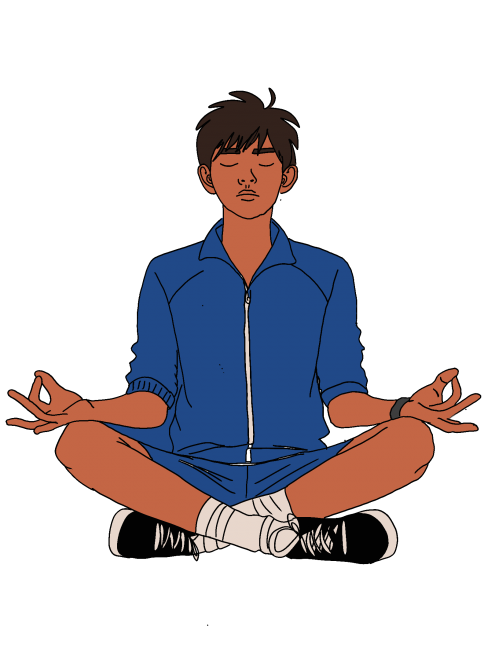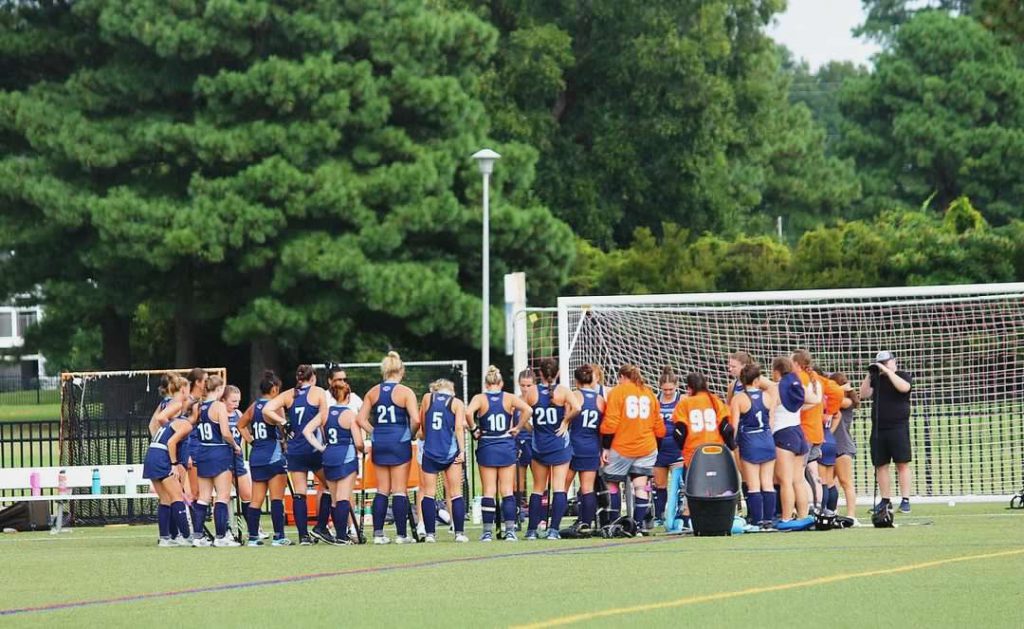Mars Johnson|Marlin Chronicle
With World Mental Health Day in the rearview and Mental Health Awareness on the horizon, they serve as important reminders that mental health is true wealth. This is especially true for student-athletes.
“Suicide rates among U.S. college athletes have doubled over the past two years, according to data from the National Collegiate Athletic Association (NCAA).” This makes suicide the second leading cause of death among college students.
Sports are mentally and physically demanding, so it is important to know when to keep pushing and when to take a break. Junior Salena Jones shared her experience with taking a break from collegiate athletics.
Jones was recruited to play volleyball at VWU, but after her freshman year, she decided to step away from the sport. “It was just really draining my freshman year, like it was a lot with school and volleyball, and my mental health was just in the dumps. It was really bad,” Jones said. The decision was not made lightly, as Jones had dedicated 12 years of her life to the sport. Ultimately, it came down to prioritizing her mental health. “I was like maybe it’s a good thing to take a break and just quit, and it did help my mental health,” Jones said. “But then I was like, I miss the team, so that’s why I came back.”
During the hiatus, Jones elected to remove herself completely from volleyball. “The first time I touched a ball was during the spring season, which started in January,” Jones said. “It was a rough spring season. I was really out of shape, and I was really bad at volleyball for the first part of it.”
Despite difficulties getting back on track, the reset proved to be fruitful, as Jones currently leads the team in assists and is in the top five for assists leaders in the ODAC.
Although her current state of mental health is not perfect, she remains grateful for the clarity her break provided her and does not intend to take another.
“I think I realized what I lost when I quit, and that’s why I’m not going to quit again,” she said, citing the importance of her teammates in her decision to stay.
Not all athletes share the same story as Jones, stepping away from their sport permanently. Senior Jenna Waters was a member of the VWU Women’s Volleyball since her freshman year, but walked away from it her senior year to protect her mental health.
“This was definitely one of the hardest decisions I’ve had to make thus far,” Waters said. “There are many benefits to playing a sport at a collegiate level, but it is also a very intensive and involved process in and out of the gym that can definitely get overwhelming at times.”
In weighing the pros and cons of playing versus departing, she found that leaving would leave her “happier and more fulfilled.”
Playing since the third grade, volleyball was a part of Waters’ identity for a substantial portion of her life. Quitting collegiate athletics has not killed this passion, as she continues to play in recreational leagues and tournaments in the area. “I love the sport so much, and now I feel like I get to enjoy it on my own terms,” Waters said.
She has also taken up new hobbies in her newfound free time. “I use the extra time that I have now to work and have also discovered new hobbies like sewing and upcycling clothing.”
Athletes are no stranger to struggles with mental health. There are a multitude of ways to remedy mental health declines, and it is important for an athlete to do what is best for their health, even if that means walking away from the sport indefinitely or permanently.
By: Sydnee Washington
sawashington2@vwu.edu

